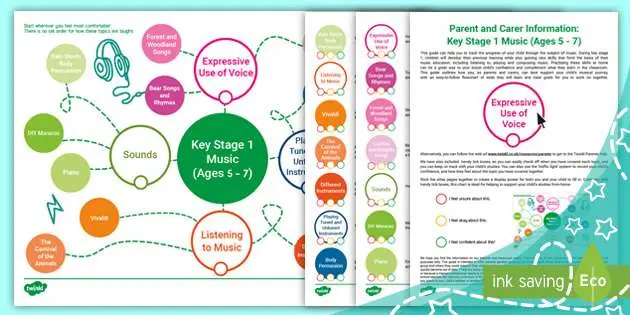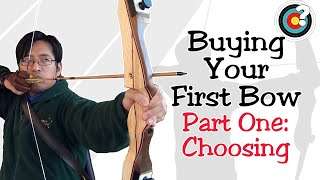
When our child is interested in music – a guide for parents
Many parents dream that their child will be successful in some specific area of social life.
This is a fully justified situation because everyone cares about the welfare of their child. We want our child to be successful in sports, science or, for example, in music. Everything is feasible, provided that our child has the appropriate predispositions and, above all, willingness. Of course, without any special predispositions, you can also try, because when practicing, for example, sports, we do not have to become a competitive athlete right away. We do it primarily for our own health, improvement of our condition and better well-being. It’s the same with music, we can learn to play the guitar, keyboard or trumpet without being very gifted. In this case, we will not become a musical virtuoso, and we can rather forget about a great musical career, but for our own pleasure we can try to learn to play.
It often happens that children “gibber” that they would like to learn to play the contrabass, keyboard or other musical instrument. Unfortunately, this is often perceived as a temporary whim of a young man. And in many cases, it is so unfortunately that the enthusiasm for music wears off after the first few weeks from the moment of purchasing the instrument, as the child himself notices that it is not that simple. But we cannot measure all children with one measure, because it may happen that such disregard will result in a waste of real musical talent. A parent should be able to distinguish whether the child really has musical interests, or it is just a temporary whim resulting, for example, from the fact that you were the whole family at a concert and my son liked how the girls are crazy about the guitarist and he would also like to become a rock star. In fact, it is rare for such an interest in music to happen overnight. Most often, the first symptoms that our child is gifted in this direction begin at the very beginning of our child’s life. Some children like to chat more before they can talk, others a little less or even not at all. In preschool age, when we see that a child reacts lively to the music he heard on the radio, starts to dance, sing, we already have another very recognizable sign that he likes it and shows interest in it. When a child sings nicely, cleanly, rhythmically, there may already be something to it. Of course, the fact that a child sings well does not mean that he will want to play an instrument, for example, although it may be worth developing vocally. On the other hand, if we notice that a child is trying, for example, to make an instrument for himself, most often in the case of small children it is a drum from a kitchen pot, or, for example, he has painted a keyboard on a piece of paper and with his fingers pretends to play the piano, then it is worth it. seriously consider organizing some music lessons.
Learning music is similar to sports, the sooner you start, the better, of course. You can start studying at the State Music School at the age of 6. Of course, you have to pass the appropriate entrance examination to get to such a school. For a child with a musical predisposition, it is not a particularly difficult exam and it is limited to checking the candidate’s hearing by the commission. So, first of all, the child’s sense of rhythm is verified by clapping the heard rhythm. They check its musicality, which means that most often it is necessary to repeat a short melody played by the teacher on the piano on the “lalala”. Finally, there is a general interview related to the child’s musical interests, that is: what instrument would you like to play? and why on such? or maybe you would like to try it, etc. However, if a child does not manage to get to such a state school, and still wants to play, do not take away this joy from him. You can use private schools, where it is much easier to get to, or arrange some private lessons.
Of course, once the decision is made to start music education, we can buy the chosen instrument as soon as possible. You can’t wait too long here, because if a child is to achieve a decent level, he should regularly exercise every day. Talent and individual predispositions are very important, but the most important thing is systematic work with the instrument.





